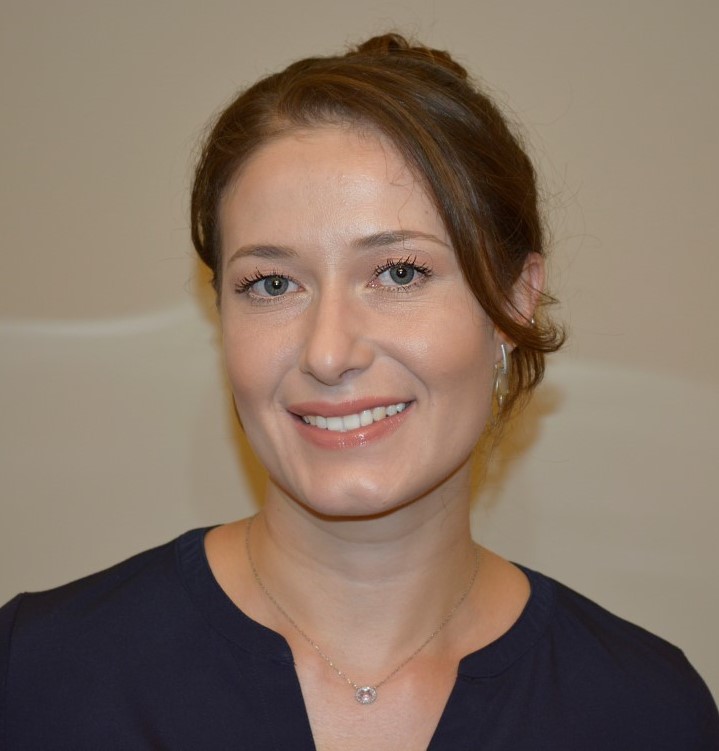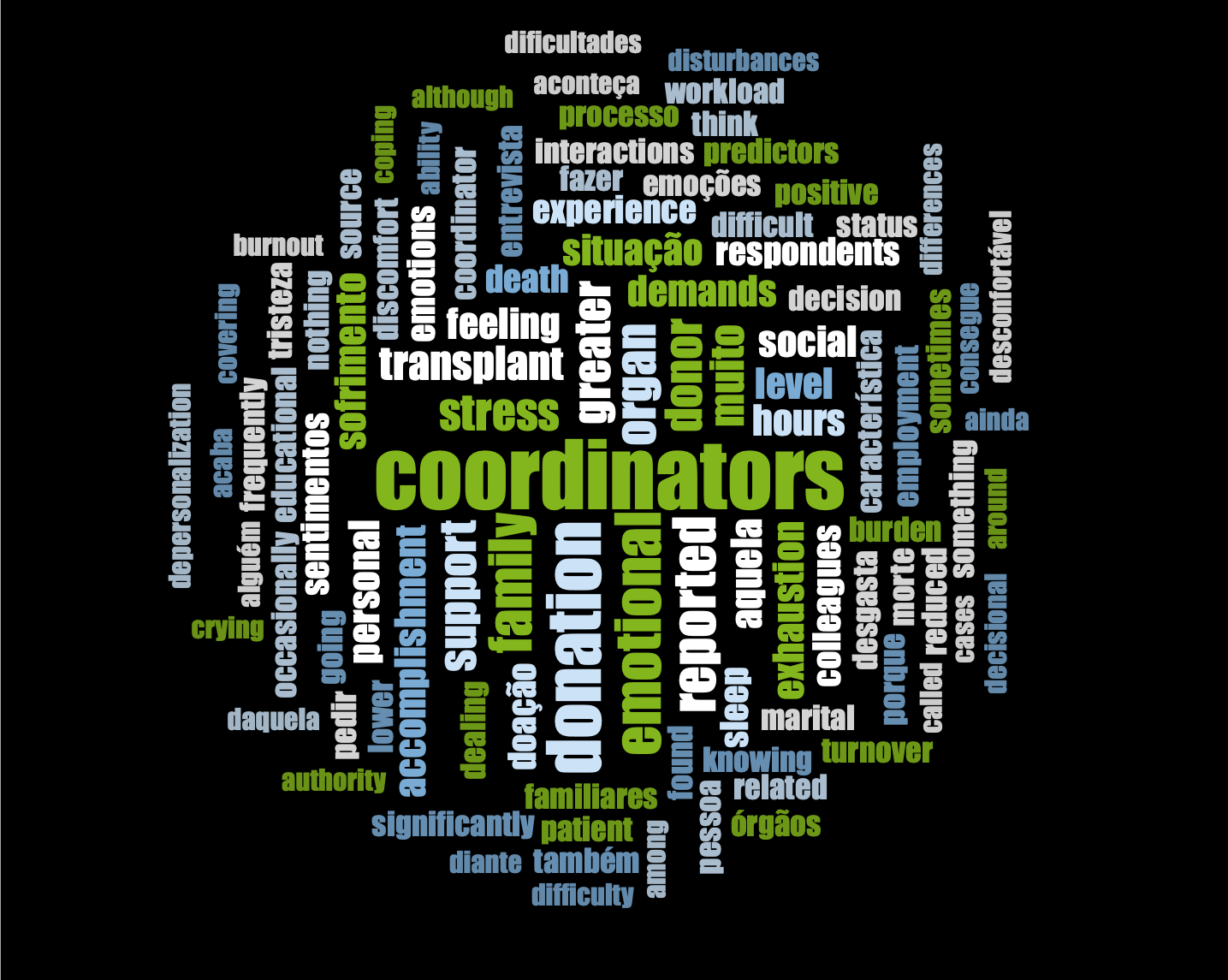
Burnout and resilience among organ donation coordinators: A scoping review
Vanessa Silva e Silva1,2,3, Joan Almost2, Laura Hornby3, Ken Lotherington3, Amber Appleby3, Amina Silva1,2,3, Andrea Rochon1,2,3, Sonny Dhanani1,4.
1Research Institute, Children's Hospital of Eastern Ontario, Ottawa, ON, Canada; 2School of Nursing, Queen's University, Kingston, ON, Canada; 3Canadian Blood Services, Ottawa, ON, Canada; 4School of Medicine , University of Ottawa, Ottawa, ON, Canada
Canadian Donation and Transplantation Research Program.
Background: Research has shown that organ and tissue donation coordinators (OTDC) face challenging and stressful scenarios daily, leading often to burnout, attrition, and compassion fatigue1-3. Unfortunately, coping with those scenarios is overwhelming and OTDCs may resign in less than 3 years2, 3. Increased turnover rates of OTDCs would likely have significant negative impact Organ Donation Organizations’ optimization of donation. Therefore, as part of a national three-phase study, this scoping review aims to understand the nature of burnout problem worldwide and inform the development of following studies to identify and intervene in the causes to avoid losing experienced and exceptional OTDCs. Research question: What experiences of burnout, compassion fatigue, and/or attrition among Organ and Tissue Donor Coordinators worldwide have been reported?
Methods: Systematic scoping following the Joanna Briggs Institute (JBI) methodology: Title/protocol registration followed by a three-step search strategy (figure 1) on PUBMED, CINAHL, EMBASE, LILACS) and grey literature (Organ donation association websites, Google Scholar (first ten pages), Research Gate, and consultation of international researchers and associations in organ donation field). Inclusion criteria: Documents reporting burnout syndrome, moral distress, attrition, or compassion fatigue, grief, trauma, vicarious trauma, secondary trauma, conflict, anxiety, psychological distress, PTSD, depression, resilience processes, and consequences of stress among OTDCs, full text in Spanish, Portuguese, French or English, no year limit. Data synthesis: quantitative analysis (e.g., frequency analysis) of general data on the type of study, country of study, etc.; and qualitative analysis (e.g. thematic analysis).
Results: A total of 610 articles were identified and 149 duplicates were removed. During the title and abstract screening phase 362 articles were excluded. We reviewed 99 full texts and 21 articles were included for data analysis. A word cloud represents the 1000 most frequent words identified (figure 1).

The characteristics of the articles are summarized on table 1.

Some authors clearly mentioned burnout (n=5,23.8%) or compassion fatigue (n=1, 4.8%), but the great majority only presented defining characteristics for both (n=15, 71.4%). The strategies used to manage burnout and compassion fatigue summarized on table 2.

Qualitative analysis revealed 9 themes summarized on table 3.

Conclusion: We identified articles mentioning burnout and compassion fatigue worldwide. Even though not all authors used the terms burnout or compassion fatigue, they mentioned defining characteristics. This review results will inform the development of a research question, and the best methodology for the next phase of a national study that will investigate and intervene in burnout and compassion fatigue among organ donation coordinators in Canada.
We thank Katie O'Hearn, MSc, (Children’s Hospital of Eastern Ontario Research Institute) for methodological assistance, Amanda Ross-White, MLIS, AHIP (Bracken Health Sciences Library, Queen’s University) for developing the phase 1 search and peer review of the main MEDLINE search strategy and Margaret Sampson, MLIS, PhD, AHIP (Children’s Hospital of Eastern Ontario) for developing the main electronic search strategies..
[1] 1. Jesse MT, Abouljoud MS, Hogan K, Eshelman A. Burnout in Transplant Nurses. Progress in Transplantation. 2015;25(3):196-202.
[2] 2. Mao P, Cai P, Luo A, Huang P, Xie W. Burnout and Related Factors in Organ Donation Coordinators: A Cross-Sectional Study in China. Annals of transplantation. 2018;23:647.
[3] 3. Taylor G, McGaw J, Mayes G, Cossé TJ, Weisenberger T. The coordinator attrition problem in the United States: myth or reality? Journal of transplant coordination : official publication of the North American Transplant Coordinators Organization (NATCO). 1998;8(2):88.
There are no comments yet...